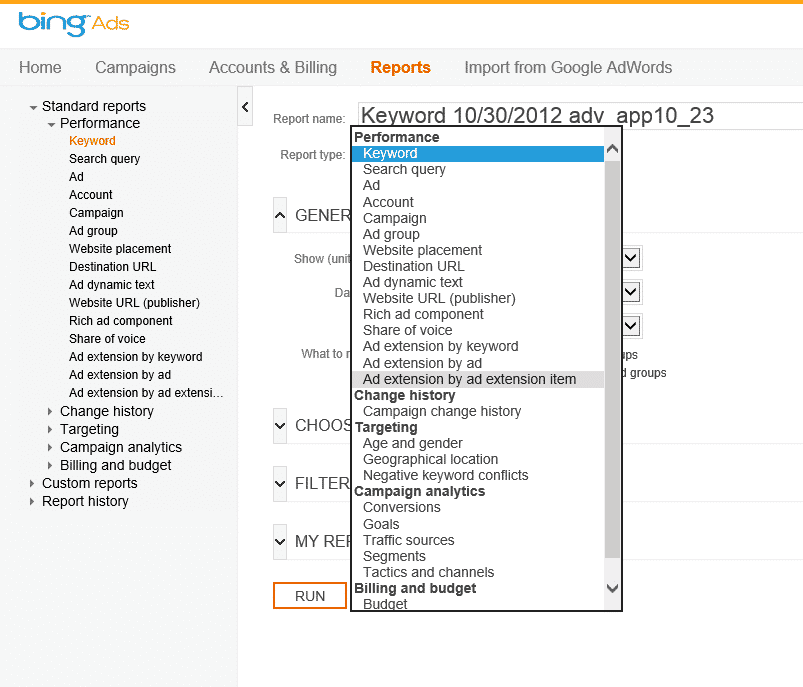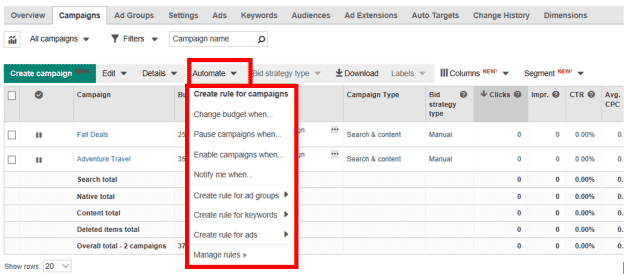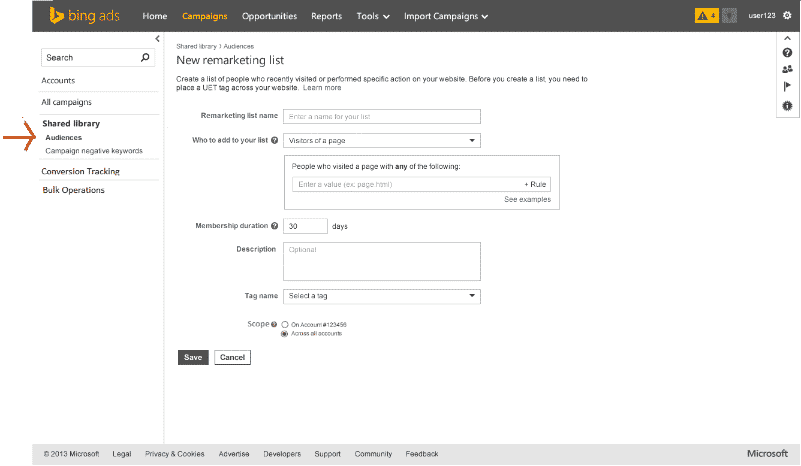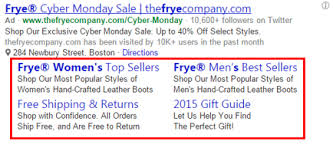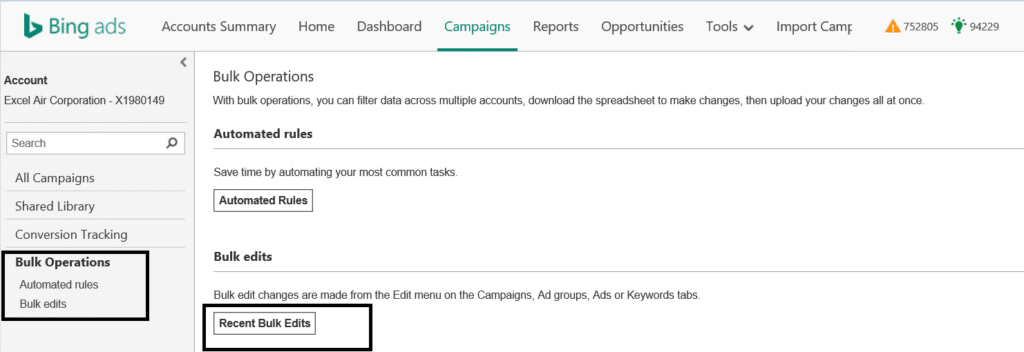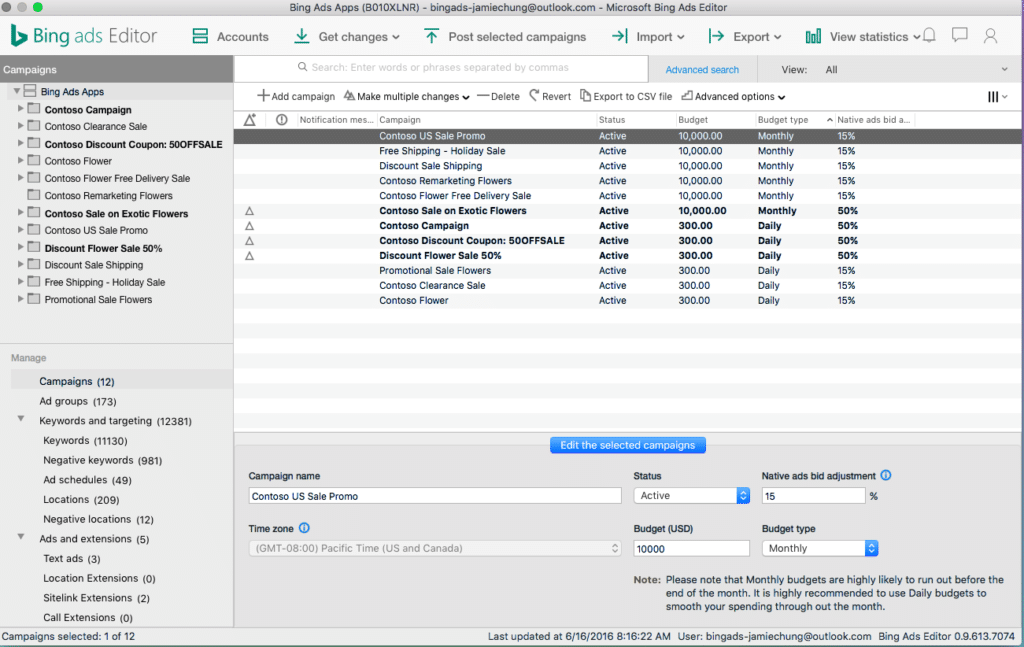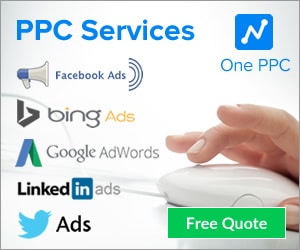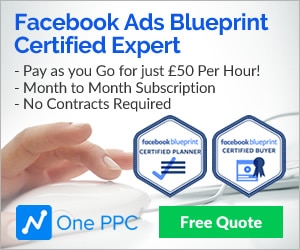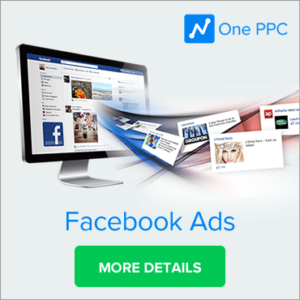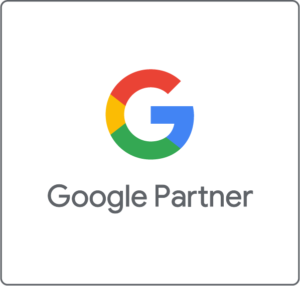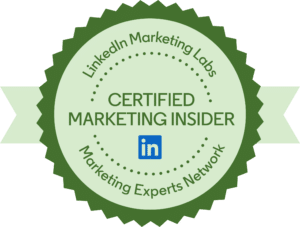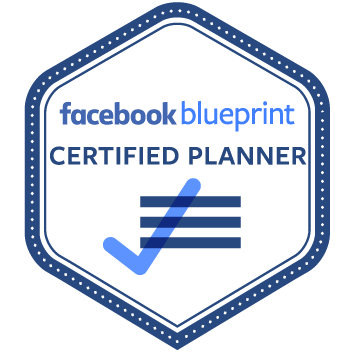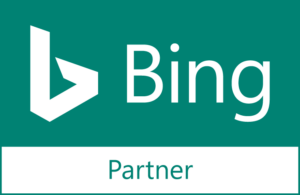If you’re looking to promote your business online, you may have come across Bing Ads and Google Ads. With more and more consumers searching for products and services on the web, it makes sense to capitalise on this growing market and try and create a name for yourself online. With various options open to you, it’s worth looking into the different mechanisms and weighing up the pros and cons to see which ad platform will suit you best. Here’s a useful guide to Bing Ads vs Google Ads.
As a business owner or a marketer, the cost per click is likely to capture your interest. Google Ads is often the first choice for small and medium-sized businesses, but if you look at the figures, you might be surprised at how well Bing Ads performs in comparison. According to statistics cited by Wordstream, the average CPC for Bing was actually 33.5% lower than Google Ads in 2018.
Competition
Google is a name on everybody’s lips. Although it’s hugely beneficial to rank well on Google because of the size of its audience, it’s more difficult to perform well because the competition is so fierce. With Bing Ads, the CPC is lower, and adverts also tend to be placed in superior positions. Jostling for a spot in the limelight isn’t quite such a battle with Bing.
Control
One of the most interesting differences between Google Ads and Bing Ads is the level of control afforded to the user. With Bing Ads, you can customise your adverts to cater for different time zones and assign different preferences to different campaigns. In contrast, with Google Ads, you have access to campaign-level settings, which limits your flexibility. Bing Ads is particularly beneficial for international operations, which involve scheduling ads at different times of the day.
Device targeting
With Bing Ads, you have a wider range of device targeting options, and you can analyse data based on traffic from mobiles, tablets, and desktop computers.
Choosing search partners
When you advertise with Google, you have a choice of targeting Google Search or Google Search and its search partners. If you tick this particular box, you don’t have any control over which partners are included and you can’t opt to exclude specific platforms. With Bing Ads, you can choose just Bing and Yahoo, search partners or a combination of both.
Social reach
In 2014, Bing started looking into automated social extensions, and when you see links on Bing now, you’ll notice that there is information next to the title. As a user, you’ll be able to see that the site or channel you’re hoping to visit has 30,000 Twitter followers, for example. On Google, there is information about social reach, but this is limited to Google+ followers. Very few people use Google+ in comparison to other social platforms, so this data may not be hugely relevant.
Targeting demographics
If you’re selling a product or a service, there’s every chance that you have a specific market or an ideal buyer in mind. Using Bing Ads, you can adjust your search bids in line with different demographics, enabling you to focus your attention on the groups you want to reach. Using the settings within the targeting options dashboard, you can specify which gender and age ranges you wish to attract. With Google Ads, you cannot currently adjust the demographic settings when using the search network.
Opting in or out of close variant searches
Google caused controversy when it introduced close variant keyword matching to Google Ad accounts. While Google includes misspellings, plurals and different grammatical versions as standard, Bing gives you the opportunity to include or exclude close variants.
Summary
In many ways, Bing Ads and Google Ads are very similar, but there are some key differences, which may sway you towards one platform. Some features suit some businesses better than others, and one PPC platform may provide a better match for the objectives of a specific marketing campaign than its competitor. Both platforms offer a host of benefits for businesses looking to drive sales, and if you’re not forced to choose one over the other, it may be possible to take advantage of the main selling points of both Google Ads and Bing Ads.

